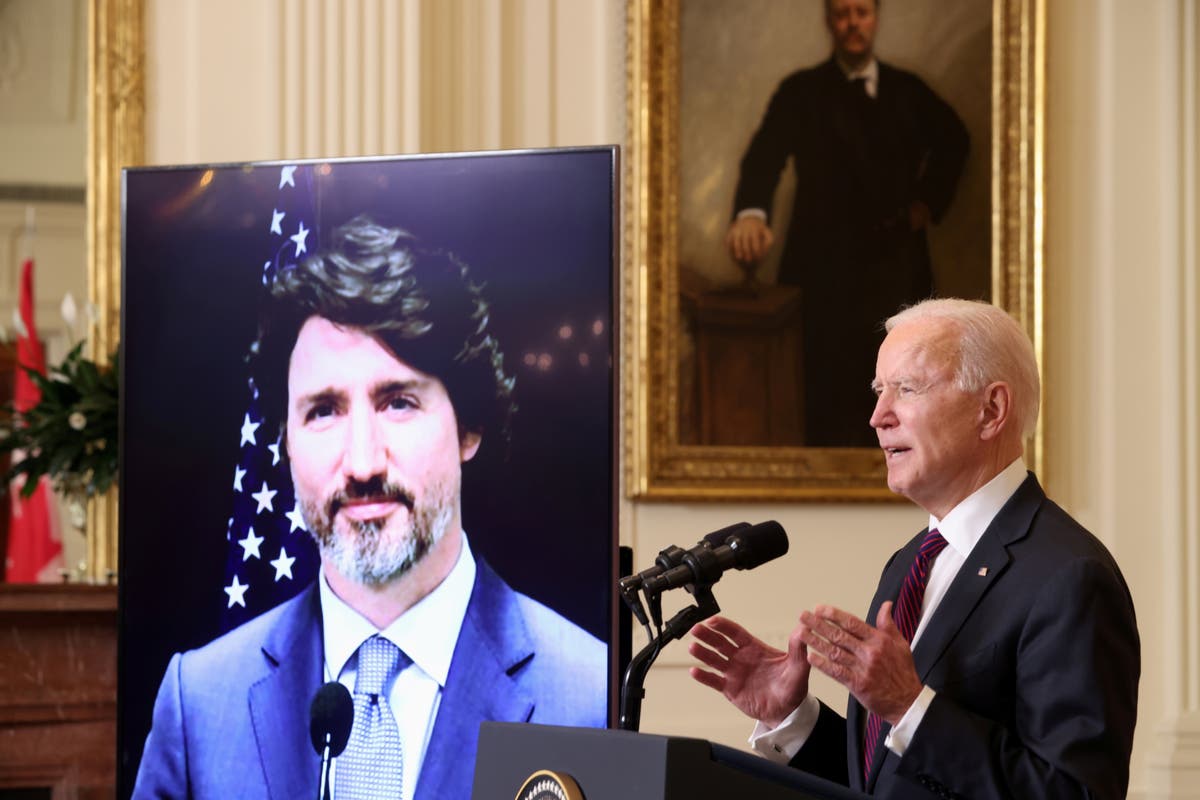Arms Control at the Mercy of Great Power Politics
Ideasroom
With international political cooperation on shaky ground following the Russia’s invasion of Ukraine, Nicholas Khoo asks if major powers should engage in more multilateral arms control agreements
Russia’s war on Ukraine has raised anew the prospect of nuclear escalation and the relevance of arms control agreements in international politics.
As fate would have it, these developments coincide with the 50th anniversary of the signing of the Anti-Ballistic Missile (ABM) and the Strategic Arms Limitation Treaty (SALT) treaties on May 26.
Together with the Partial Test Ban Treaty of 1963 and the Non-Proliferation Treaty (NPT) of 1968, these treaties represent the heyday of arms control.
Arms control played a role in stabilising the Cold War during the 1960s and 1970s, a point captured in the French concept of détente, which refers to the easing of hostilities between adversaries.
Fast forward to 2022. Arms control is not exactly on life support, but its role in world politics is less central.
Notwithstanding Russia’s war in the Ukraine, the Biden administration has been remarkably clear that Moscow is not Washington’s major security concern.
China is, and rightly so. Whichever metric of national power one uses, China is a rising power and Russia is a declining power.
Beijing does not want to enter into a full spectrum arms control relationship with Washington. The reason is simple. In quantitative and qualitative terms, the US occupies an overwhelmingly superior position to China.
The US Department of Defence’s 2021 annual report on China’s military makes this clear.
The report states that China has “possibly already established a nuclear triad” of land, sea, and airborne nuclear capabilities. But the US had that capability in the early 1960s.
The report also estimates that the “accelerating pace” China’s nuclear programme “may enable the PRC to have 700 deliverable nuclear warheads by 2027”.
Here too, the US has a clear margin of superiority. The latest figures provided by the US State Department confirm that in September 2021, the US had 1389 deployed nuclear warheads.
Even so, the US is tooling up for competition with China. One casualty of great power rivalry is arms control.
The reason for the Trump administration’s 2019 abrogation of the Intermediate Range Nuclear Forces (INF) Treaty that Ronald Reagan and Mikhail Gorbachev signed in 1987 lies in a simple fact.
The US sees little utility in an arms control agreement with Russia that does not include China.
Why? If the US agreed to an extension of the INF treaty, it would curtail its ability to develop nuclear and non-nuclear ballistic and cruise missiles with a 500 and 5500 kilometre range.
Meanwhile, China, as a non-signatory to the INF has been developing missiles without any treaty restrictions.
This is the relentless logic of great power politics complicating arms control, of which examples abound.
The Soviet Union’s 1979 invasion of Afghanistan upended the SALT II arms control agreement that was due to be ratified by the Carter administration.
Great power politics is also the reason that the US formally withdrew from the 1972 ABM treaty in 2002. The treaty placed severe restrictions on the development and deployment of US Ballistic Missile Defence (BMD) systems.
President George W. Bush therefore withdrew from the treaty to develop a multi-tiered national BMD system.
Should we lament the fact that the remaining major arms control treaties are the Outer Space Treaty of 1967, the Non-Proliferation Treaty of 1968, the Comprehensive Test Ban Treaty of 1996, and the New Strategic Arms Reductions Treaty (NEW START) Treaty which was signed in 2011 and expires in 2026?
Disagreements over the utility of these treaties reflect more basic disagreements about international politics.
Arms control advocates view treaties as mechanisms to constrain great powers from self-destructive competition. The focus is on the development of co-operative norms to temper the pursuit of narrowly defined national interests.
Critics of arms control counter that to focus on treaties is to pursue a short-term fix with possible dangerous consequences.
In this view, treaties reflect state interests which invariably change, rendering a treaty that made sense at one point in time of little utility at a later date.
The critics stress the possibility that adversaries may proclaim a commitment to arms control treaties even while covertly developing nuclear weapons capabilities. The state that respects arms control thus finds its security undermined.
The current trajectory of world politics suggests that arms competition rather than arms control is the zeitgeist of our time.
This need not be a counsel for despair. Major powers’ self-interest in state survival can lead to the demise of some treaties but at the same time strengthen existing arms control treaties that are working relatively well.
For example, on January 3 this year, the US and Russia, together with China, France, and the United Kingdom, issued a joint statement declaring their commitment to the NPT.
Also included in the statement was the commitment that “a nuclear war cannot be won and must never be fought”.
Now that is one robust silver lining to consider when we survey the dark clouds of contemporary international politics.






